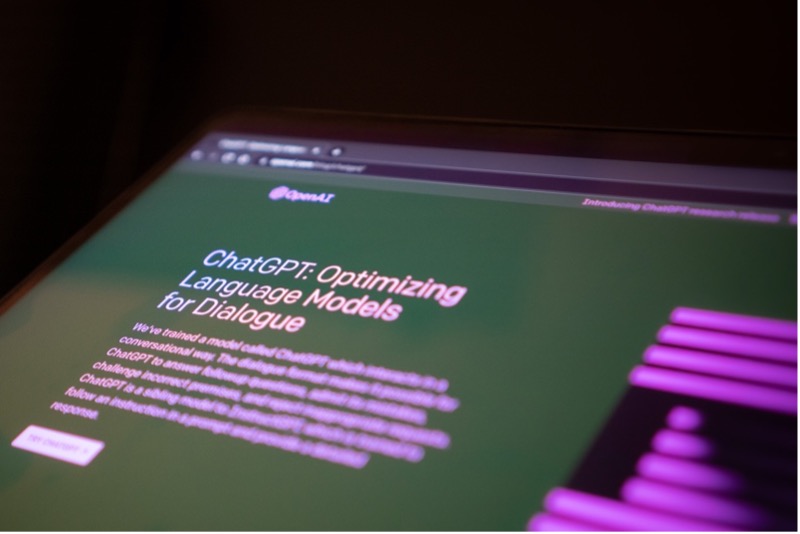We all know the difference between B2B and B2C – but what's B4B?
B2B companies pursue a transactional approach, asking: “How much can we sell to this customer to grow our business?”.
Business-for-business (B4B) on the other hand means asking: “How much can we help our customers grow?” or “What’s the most value we can provide to this business while remaining sustainable?”
Moving from the transactional mindset of B2B to the collaborative mindset of B4B is asking different questions about growth, pricing and value, talent management, and more. B4B companies can increase revenues, customer retention, employee morale, and provide a deeper sense of purpose that ignites innovation and creativity within the organization.
“How many products can I sell to this company?” becomes “How can we – together – create new products with this customer and both grow?”
In the B2B world, firms that compete on price are always vulnerable to larger manufacturers offering better prices. However, when companies adopt a B4B strategy, they stand a better chance of deepening relationships with their customers. Price becomes just one of the criteria by which their customers judge the value of a product, and not the only one. And in many cases it is not even the main criterion.
This is important because, for any business, customers represent a stream of future cash flows. The value of that cash flow depends on two variables: size (how large the cash flow is) and longevity (how many years the business can depend on it). Companies that align their activities to the success of their customers and monitor this as a key metric will generate large and reliable cash flows.
Instead of focusing on how to incentivize salespeople to sell more products and services, a B4B company considers how to train them to be knowledgeable, quality business advisors to clients. Rather than wondering what could drive revenue in the current quarter, executives should be asking themselves what new service could complement their product offerings and how they can create so much value for customers that it's becoming very difficult for them to start the company to leave.
Likewise, a key business performance metric may not be how many new offers your company has sent out in a given period of time, but rather how many new customers are reaching out based on what existing customers are saying about you. And instead of asking how to make business development more aggressive, ask yourself how you can make it easier for new clients to find and work with you.
Once you shift your mindset to viewing customer success as key to the long-term strength of your business, you open the door to broader thinking about how your business creates value in all of its relationships.
B2C companies that see their job as working for their customers, not selling to them, will focus their thinking on how to help customers successfully do the jobs they were hired to do - instead of by being fired and replaced by a competitor.
The same principle applies to relationships with suppliers. The business-for-business concept helps companies understand that they are part of an ecosystem and should consider the success of everyone in the system.
In the B4B world, collaboration, cooperation and mutual benefit are becoming the key themes that enhance competitiveness. "Companies working for other companies" is a logic that helps improve the business environment, boost employee morale, and ultimately promote economic growth. As more companies collaborate and share resources, companies become more efficient.
In fact, we believe that when the B4B ethos permeates corporate culture, it can also influence executive decisions in ways that benefit our communities. For example, as the world grapples with climate change, much of which is due to the externalities of companies' operations, a B4B mindset can help direct our efforts to create value for everyone - for other companies, our customers and our communities.
The past two years of witnessing the global COVID-19 pandemic have taught us many lessons about the interconnectedness of the world. Some of us may be tempted to withdraw from this complexity, to focus on ourselves or our organizations and on what we believe we can control. But when we adopt a B4B mentality and focus on helping others, we end up creating much more value - both for ourselves and for the world.





